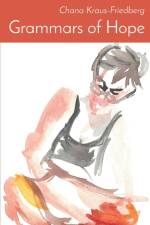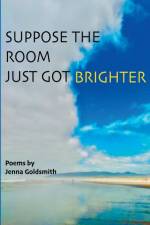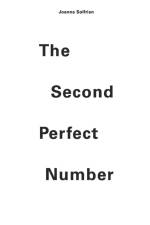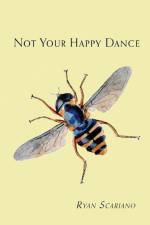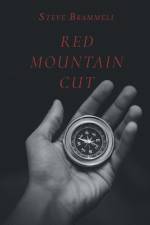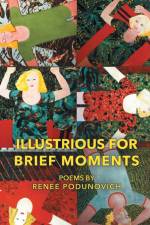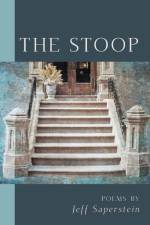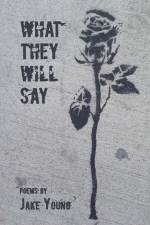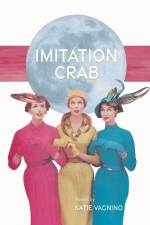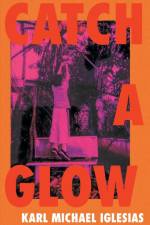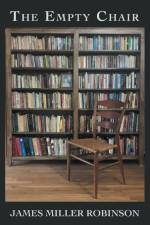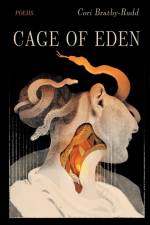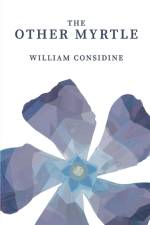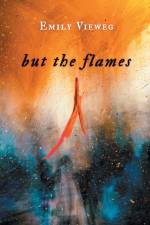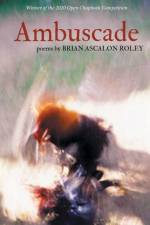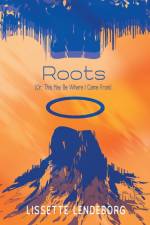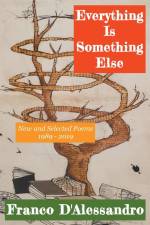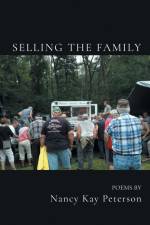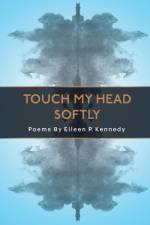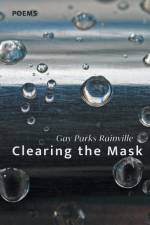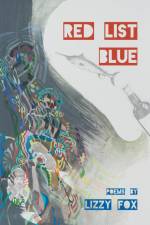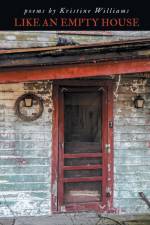von Anita S. Pulier
27,00 €
This collection of poems is like a New York apartment across the air shaft that leaves its kitchen blinds open, and we observe a daily saga of survival and meals and meaningful comings and goings, the residents unaware of our avid attention. We'll never meet them, but out of the eight million, they're close personal friends. -Garrison Keillor, editor of The Writer's Almanac, creator of A Prairie Home Companion, poetry editor, and author of numerous books including the Lake Wobegon seriesIn the poems of Toast Anita S. Pulier reminds us again and again of what we are drawn to in this world-its idiosyncratic pleasures and deep loves. Her wry, smart poems celebrate the music of what happens in the critical now, her voice easily encompassing two coasts. At the same time, they show us, with a devastating clarity, sometimes forgiving, sometimes dryly funny, the cost of opening ourselves to all of life. Wide, wise, sly, sexy, quiet, heartbreaking- her poems give us wisdom without clichés or heavy handedness. Anita is a grounded writer, a sane poet, who "out of the corner of her eye keeps/ vigilant watch on the ravenous tiger circling/ everyone she has ever loved" (Mea Culpa). At this time especially, we need her words. -Mary Kay Rummel, former Poet Laureate of Ventura County, CA, author of What's Left is the Singing, Love in the End,The Illuminations, Green Journey, Red Bird, The Long Journey into North, This Body She's Entered, The Lifeline Trembles, and Cypher GardenMaking sense of it all, especially in our time of crisis, is the theme of Anita S. Pulier's new book, Toast. The intimate vignettes presented are filled with humor, concern and love. She looks to redefine family and even tries to make a deal with the god she doesn't believe in. Ms. Pulier addresses the everyday with a keen eye and reflects back on family, teachers and friends who formed her. And, of course, she googles dementia and offers advice. In many ways this book brings us home and welcomes us all to our lives with a smile. -Phil Taggart, former Poet Laureate of Ventura County, CA, author of Rick Sings, Opium Wars and Cowboy Collages. Co-editor of Spillway a Poetry Magazine

